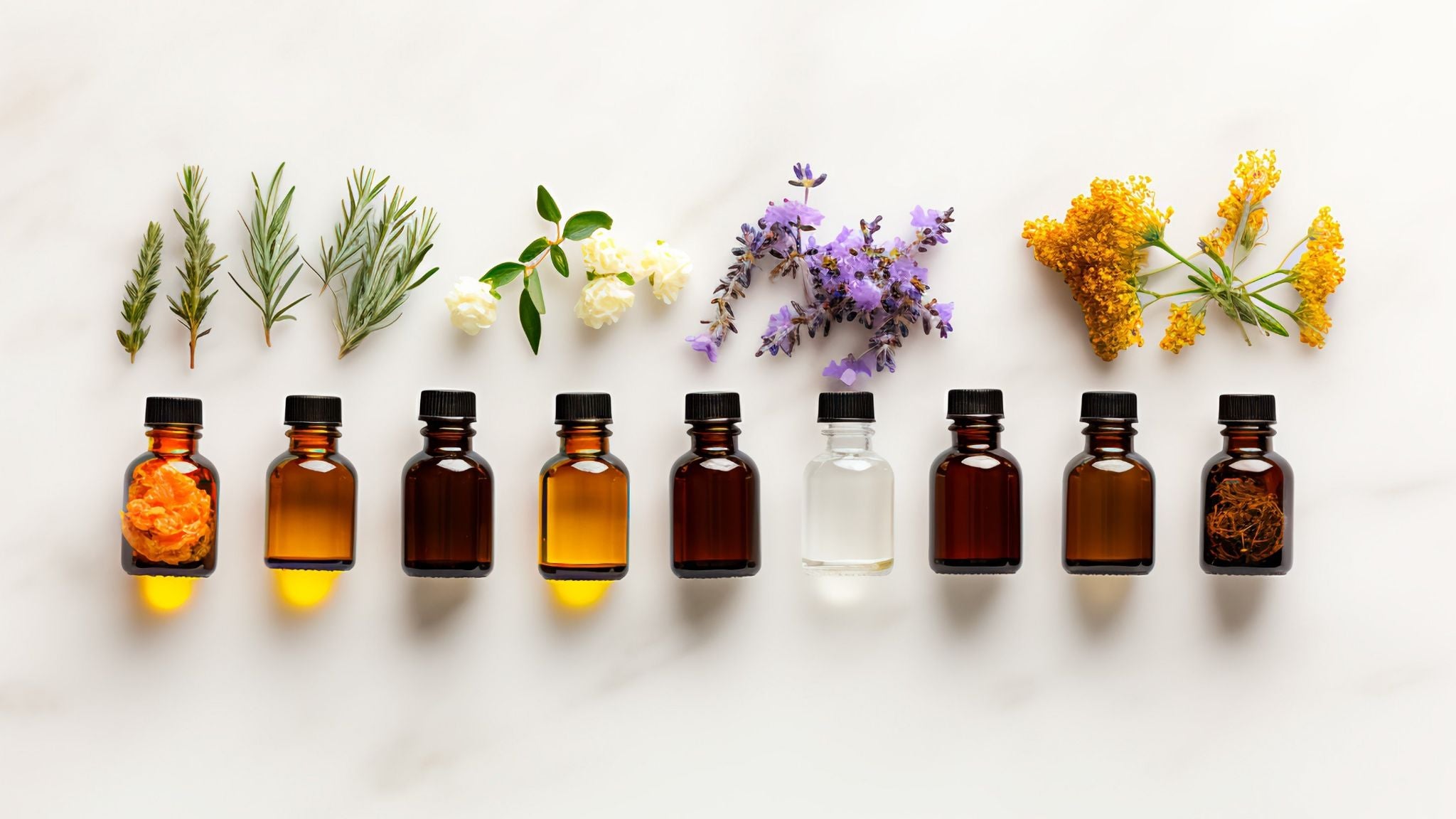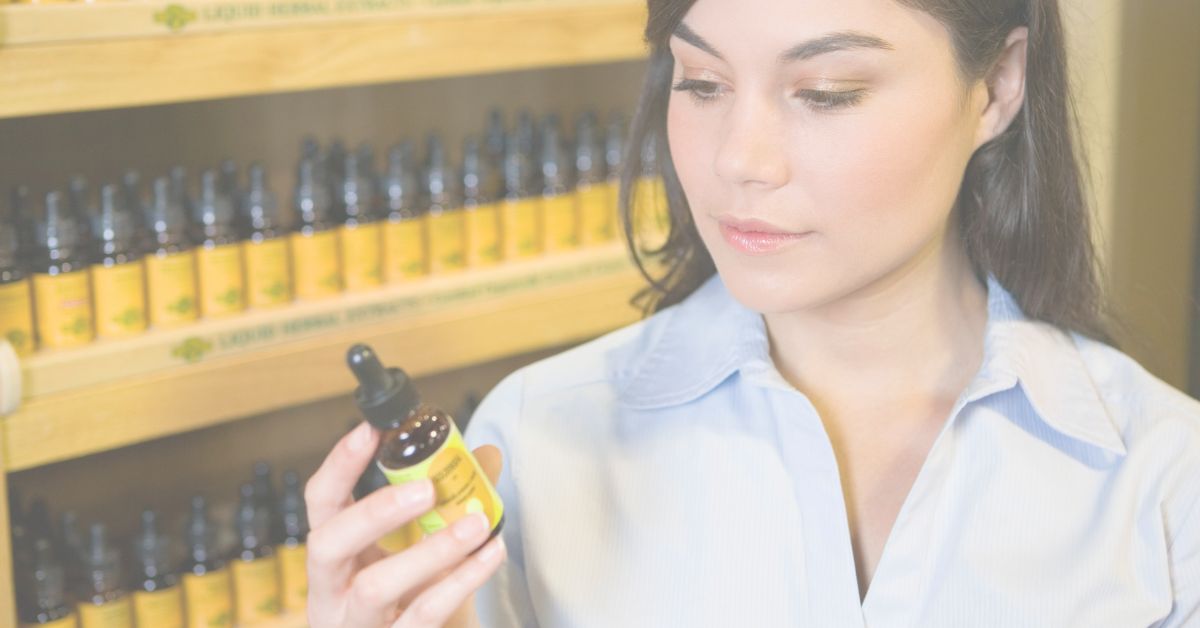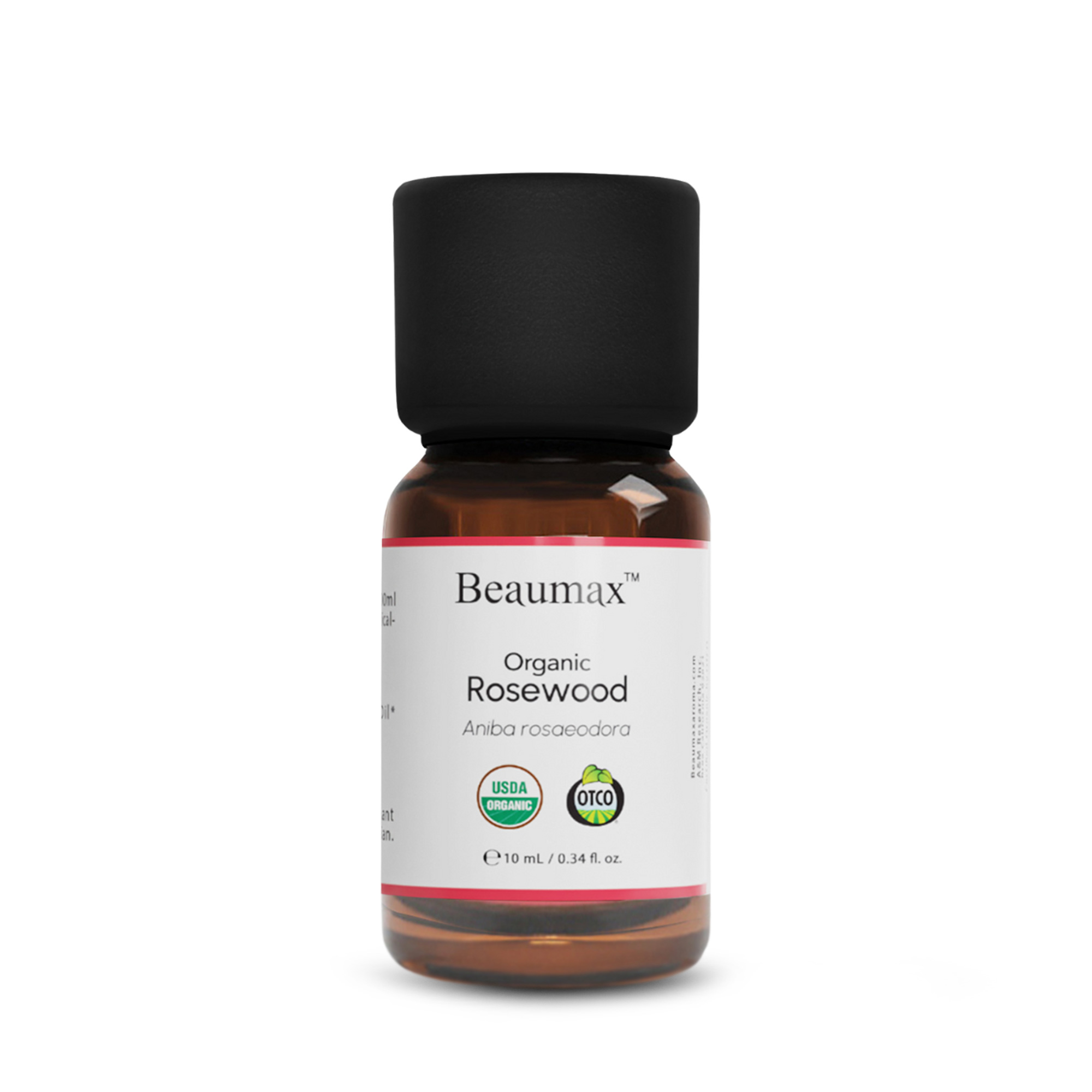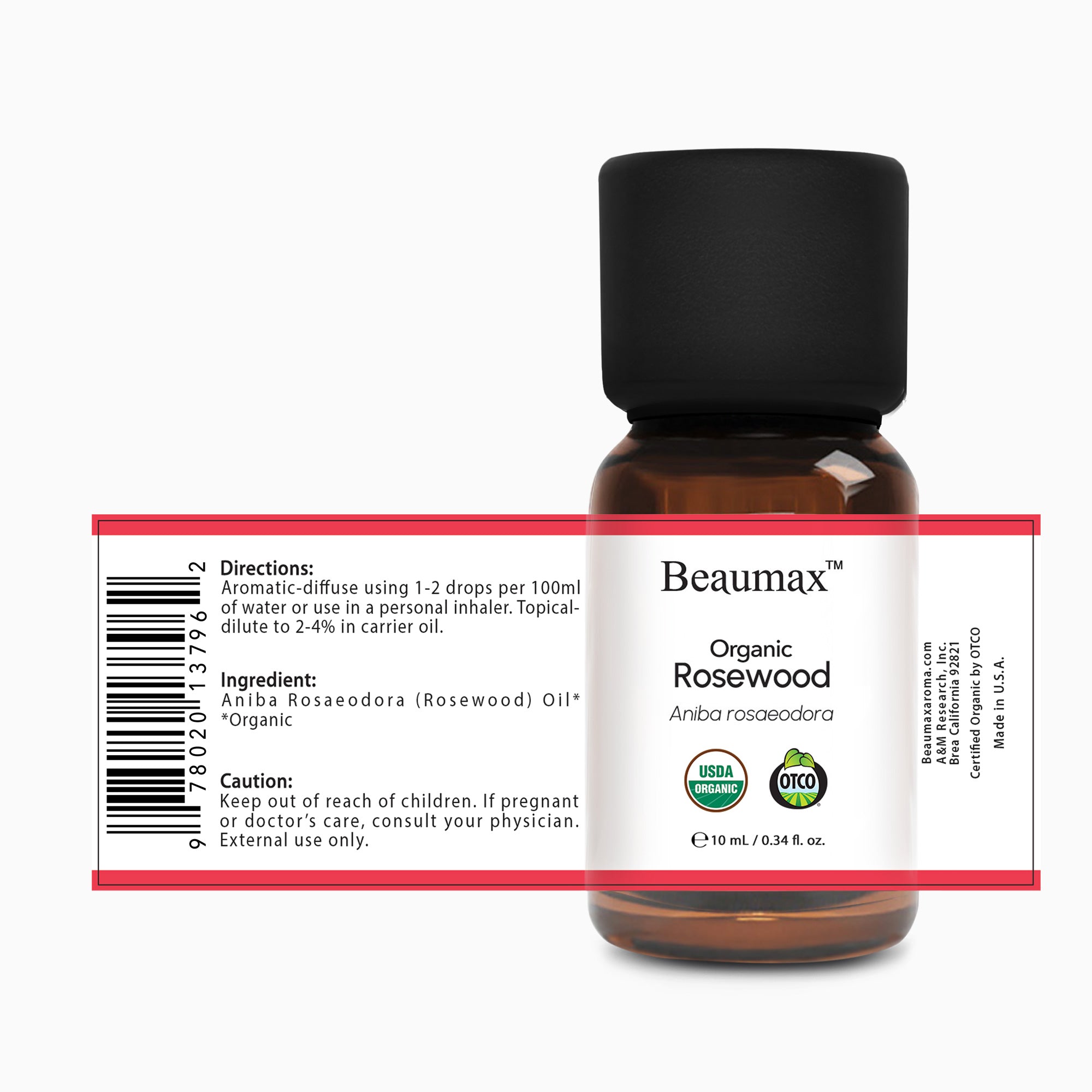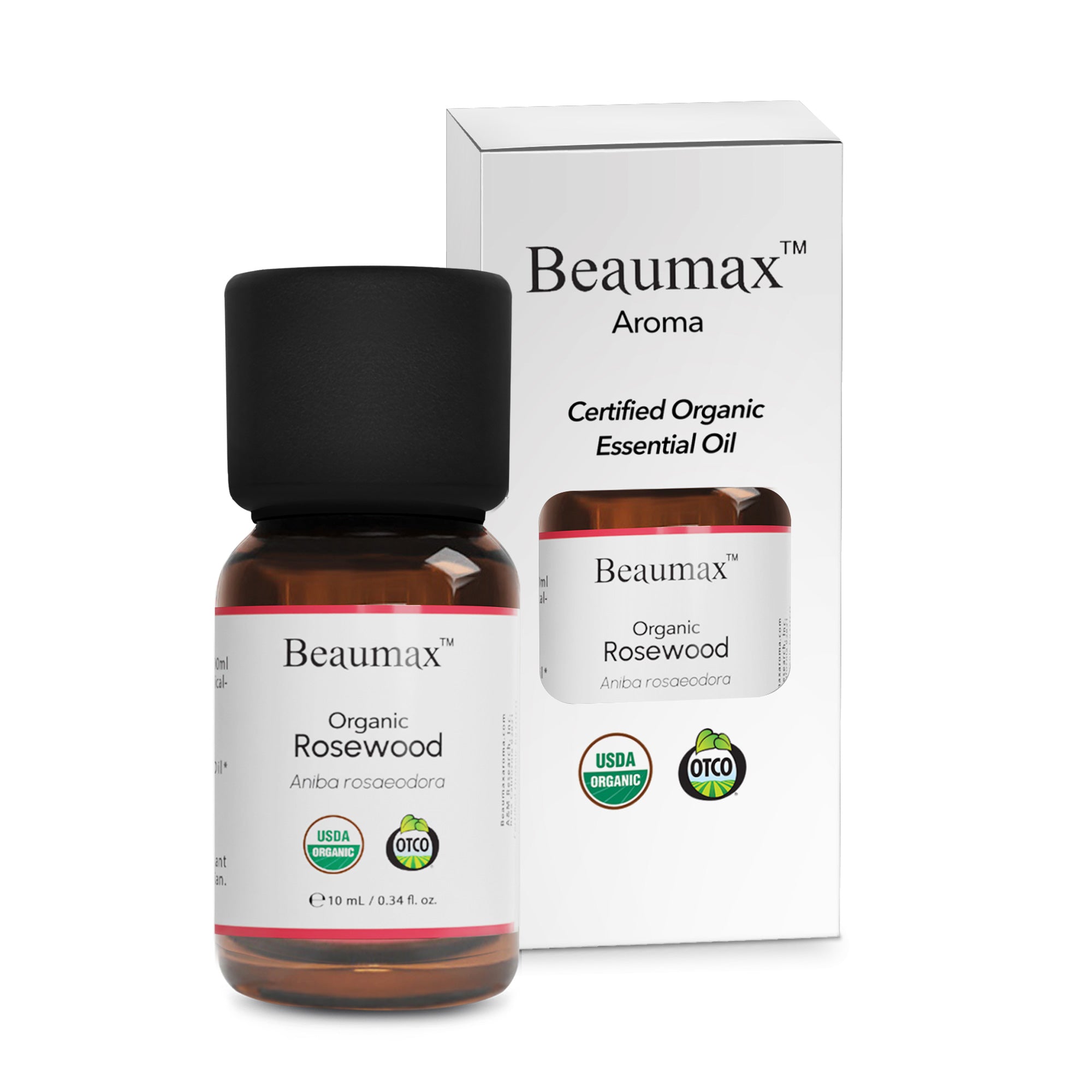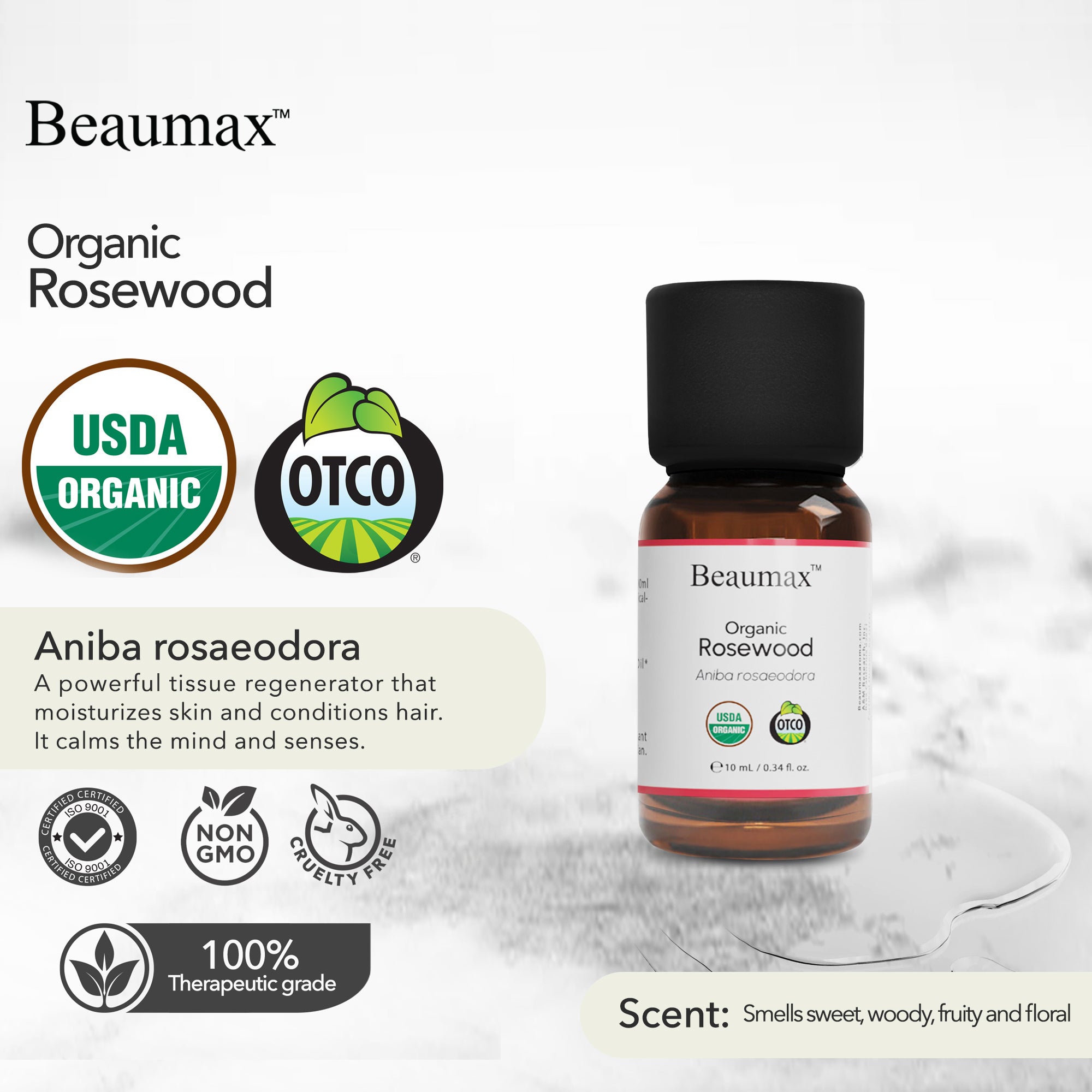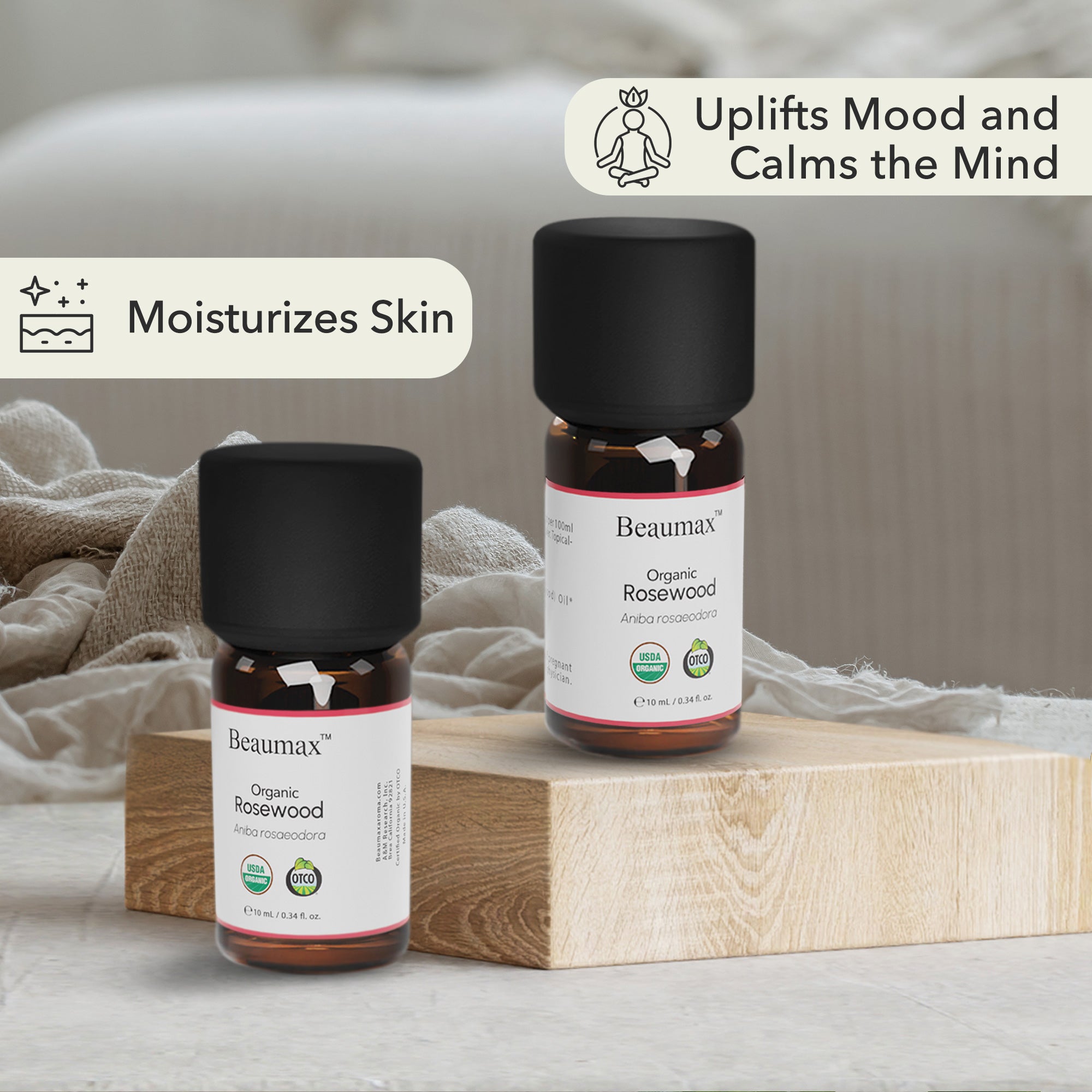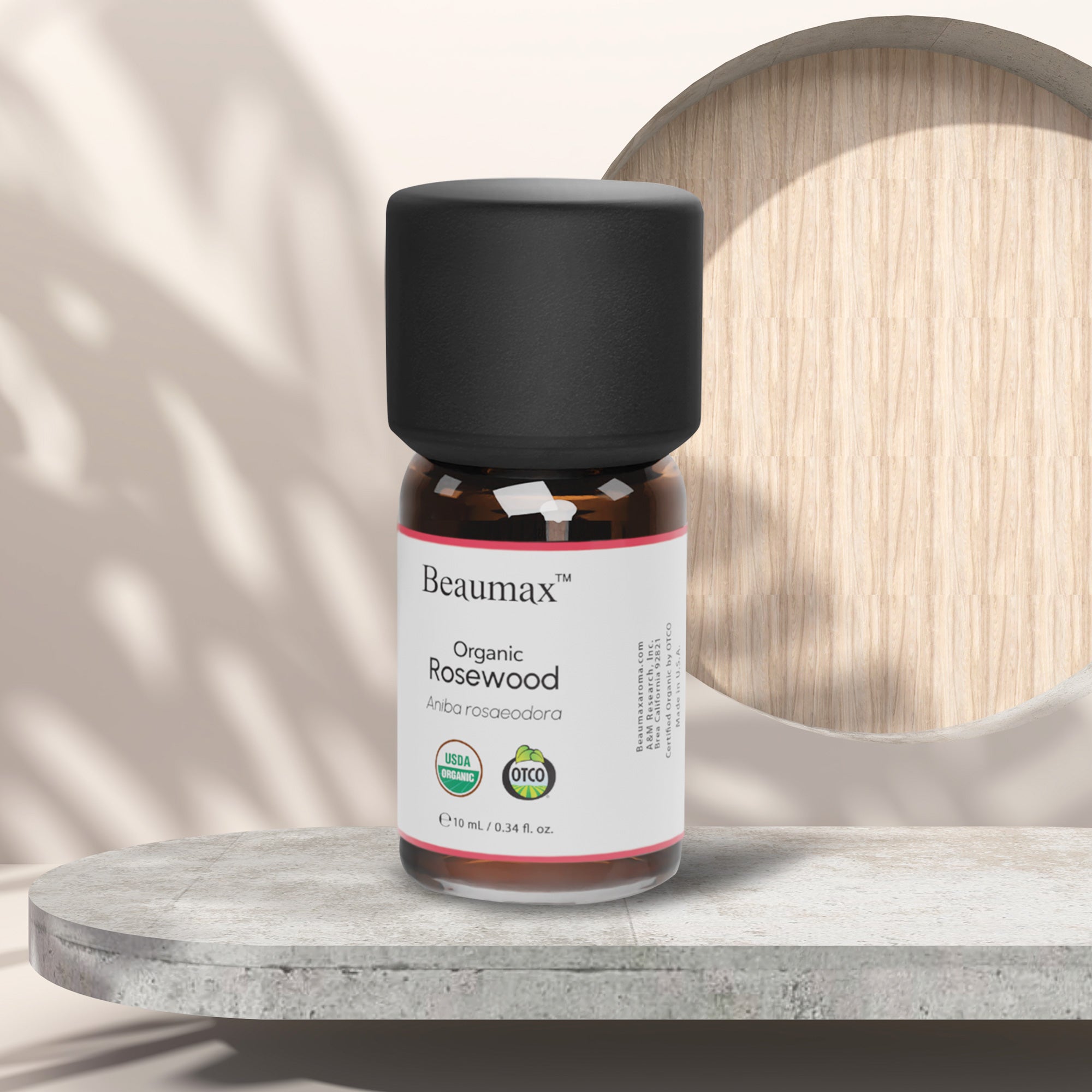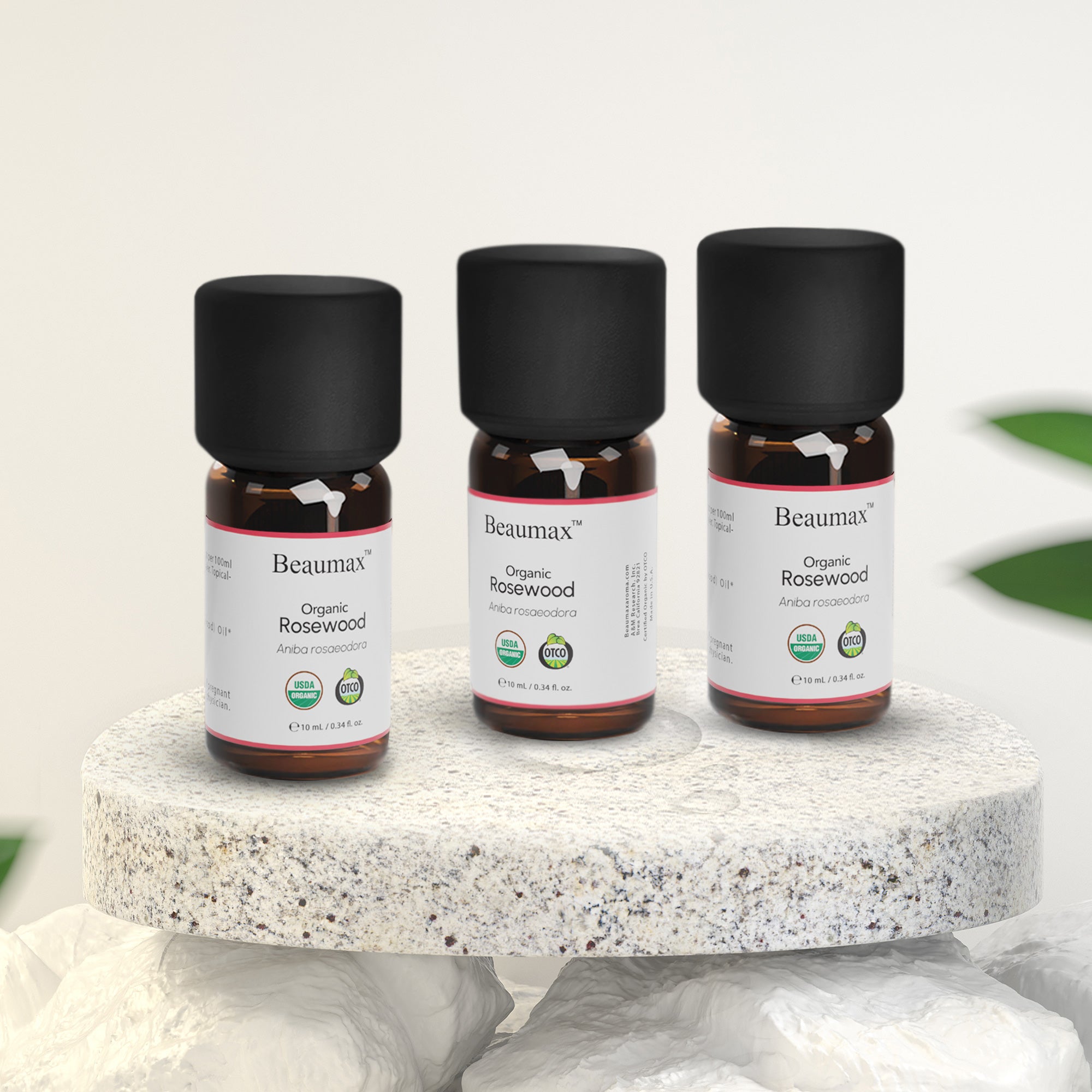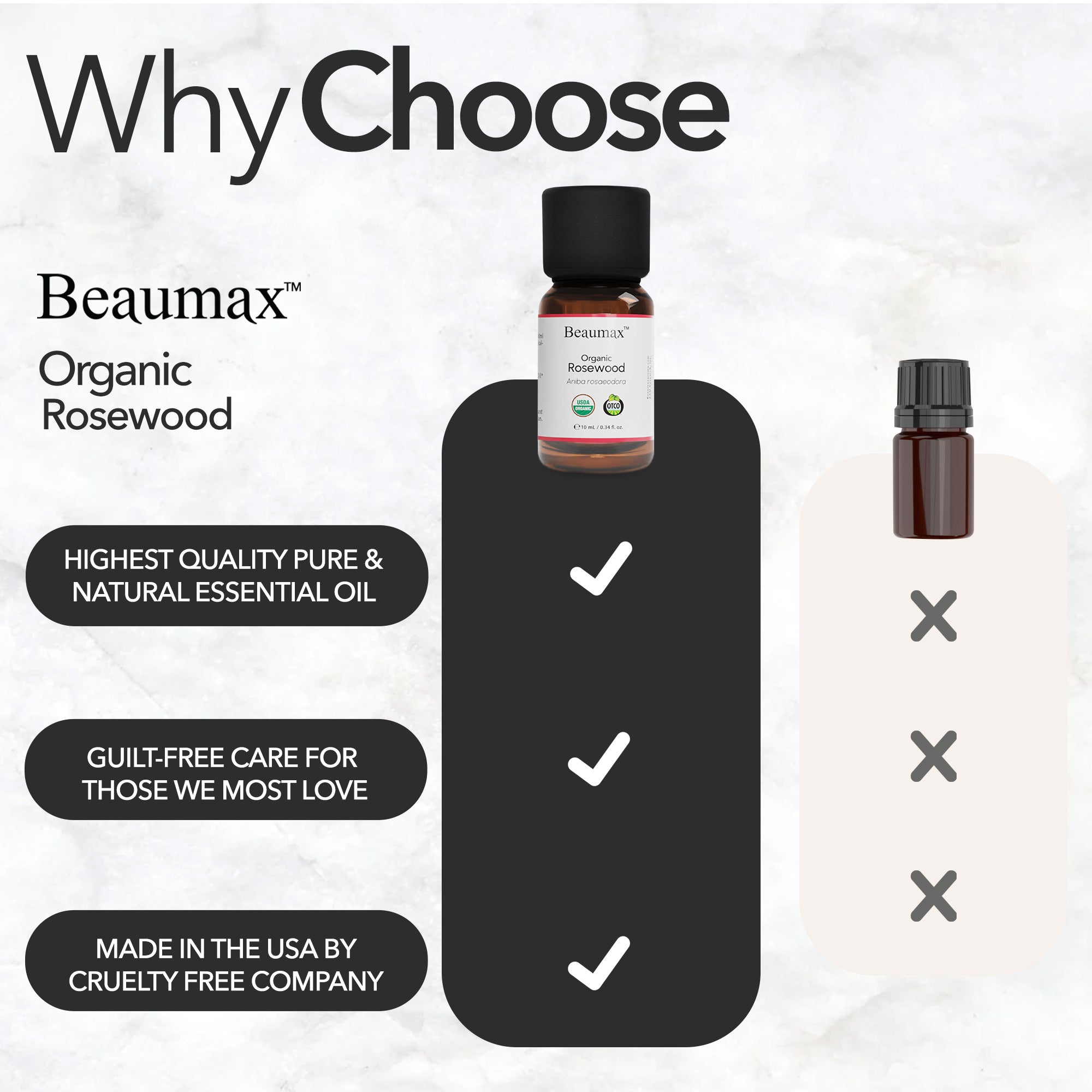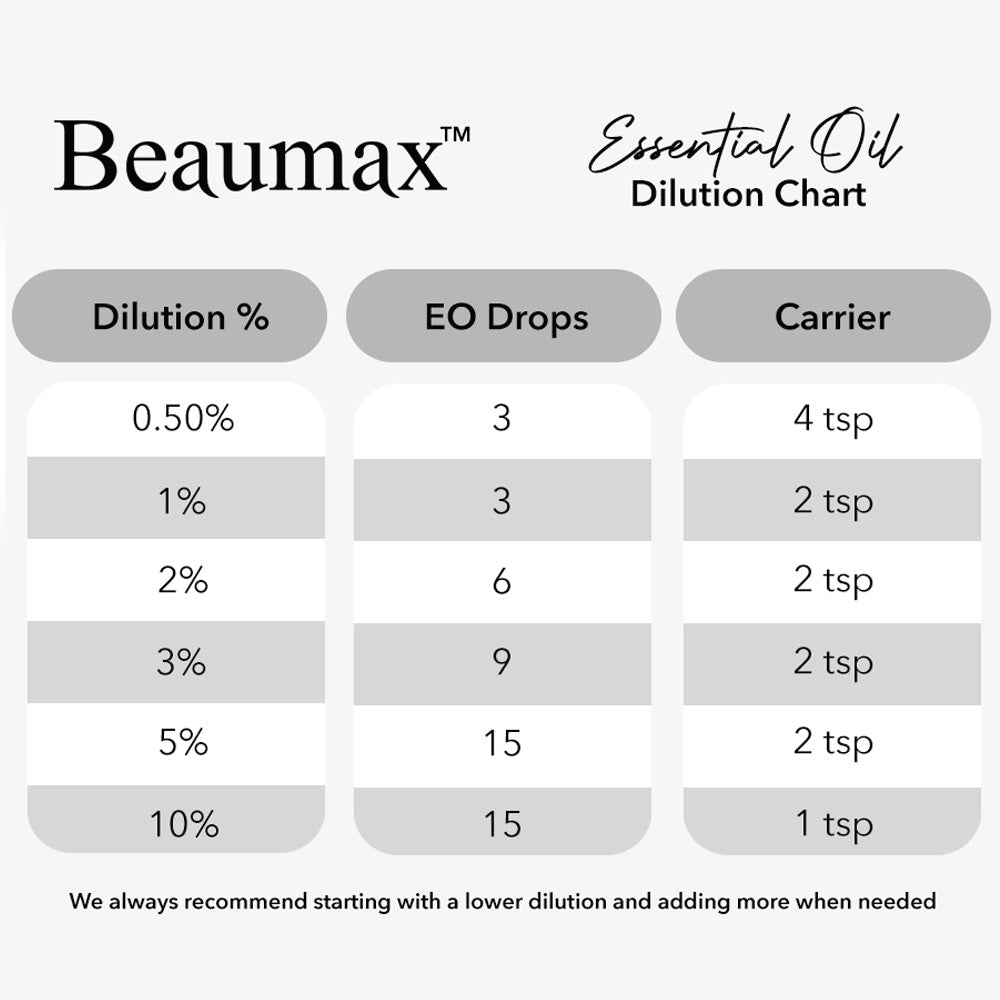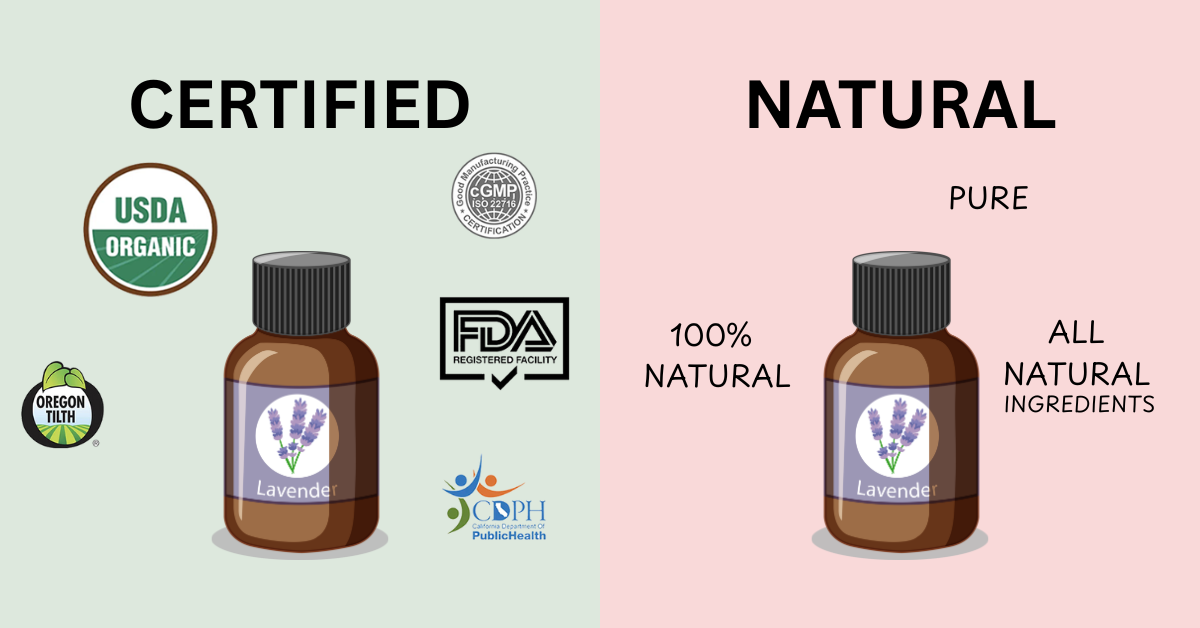
Why Aromatherapy Certifications Matter: FDA and USDA Standards for Therapeutic-Grade Oils
When you walk into a wellness store or browse online for essential oils, you're faced with hundreds of options—all claiming to be "pure," "natural," or "therapeutic grade." But here's what most people don't realize: the essential oil industry is largely unregulated, and many of these claims are nothing more than marketing buzzwords.
For women in their 40s and 50s who are increasingly turning to natural wellness solutions, understanding what separates genuine therapeutic aromatherapy from clever marketing isn't just helpful—it's essential for both your health and your investment.
The Hidden Truth About Essential Oil Quality Standards
Unlike prescription medications, essential oils don't require FDA approval before hitting the market. This regulatory gap has created a Wild West scenario where companies can make bold claims without substantive proof. The result? A marketplace flooded with diluted, synthetic, or contaminated products masquerading as therapeutic-grade oils.
But here's where discerning consumers can separate the wheat from the chaff: legitimate certifications and manufacturing standards that go far beyond basic requirements.
What FDA Registration Actually Means for Essential Oil Companies
When an essential oil company operates from an FDA-registered facility, it signals something significant about their commitment to quality. This isn't a requirement—it's a choice that comes with substantial regulatory oversight.
The Four Pillars of FDA-Registered Facilities
Rigorous Facility Inspections Every aspect of production gets examined, from raw material handling to final product storage. These aren't scheduled visits—inspectors can arrive unannounced.
Documented Quality Control Processes Every procedure must be consistently followed and recorded. If it's not documented, it didn't happen according to FDA standards.
Adverse Event Reporting Systems Companies must track and report any safety issues, creating accountability for consumer safety.
Current Good Manufacturing Practice (cGMP) Compliance This ensures consistent product quality across every single batch produced.
Why Most Companies Avoid This Level of Scrutiny
Most essential oil companies avoid this level of scrutiny because it's expensive and time-consuming. Those who embrace it are making a statement about their dedication to consumer safety.
USDA Certified Organic: Beyond the Marketing Label
The USDA Organic seal isn't just another logo—it represents one of the most stringent certification processes in the natural products industry. For essential oils, this certification requires multiple layers of verification.
From Farm to Bottle: The Organic Journey
Soil and Farm Verification The plants must be grown in soil that has been free from synthetic pesticides, herbicides, and fertilizers for at least three years. Inspectors verify soil composition and farming practices annually.
Processing Standards Every step from harvest to bottling must meet organic handling requirements. This includes the distillation equipment, storage containers, and even the cleaning agents used in the facility.
The Accountability System That Protects Consumers
Supply Chain Documentation Complete traceability from seed to shelf, with detailed records of every batch. If there's ever a quality concern, the entire supply chain can be traced and verified.
Third-Party Auditing Independent inspectors conduct unannounced visits to verify compliance. This isn't self-regulation—it's external accountability.
The ISO Standards That Separate Professional from Amateur
While FDA registration and USDA certification focus on safety and organic integrity, ISO standards address manufacturing consistency and quality management systems.
ISO 22716: The Gold Standard for Cosmetic Manufacturing
ISO 22716 (Cosmetic Good Manufacturing Practices) ensures that every bottle of essential oil meets the same quality standards, batch after batch. This includes:
Climate-Controlled Environments Temperature and humidity variations can affect oil quality. ISO facilities maintain precise environmental controls.
Sterile Handling Procedures Every surface, tool, and container that touches the product must meet sterility standards.
Consistent Testing Protocols Each batch undergoes the same rigorous testing sequence before release.
Documented Quality Control Every step is recorded and verifiable, creating a complete quality trail.
ISO 13485: Medical-Grade Quality Management
ISO 13485 (Medical Device Quality Management) takes quality assurance even further, implementing systems typically reserved for medical device manufacturers. This level of quality management is rarely seen in the aromatherapy industry.
Red Flags: What to Watch Out For
Understanding what legitimate certifications mean also helps you identify questionable claims in the marketplace.
Marketing Terms Without Substance
"Therapeutic Grade" Without Certification This term has no regulated definition. Anyone can use it regardless of their actual quality standards.
Vague Origin Information Legitimate companies provide specific information about where their plants are grown and how their oils are extracted.
Pricing and Safety Red Flags
Impossibly Low Prices Pure, certified organic essential oils require significant investment in quality sourcing and processing. If prices seem too good to be true, there's usually a reason.
Missing Safety Information Reputable companies provide clear usage guidelines, safety warnings, and contraindication information.
The Health Implications of Quality Standards
For women navigating hormonal changes, stress management, and age-related wellness concerns, the purity of aromatherapy products isn't just about efficacy—it's about safety.
What Poor Quality Can Mean for Your Health
Contaminants, synthetic additives, or improperly processed oils can:
Cause Unexpected Reactions Allergic responses to hidden synthetic components or contaminated botanicals.
Create Medication Interactions Unidentified compounds may interfere with prescription medications.
Deliver Inconsistent Benefits Variable potency means unpredictable therapeutic effects.
Introduce Harmful Chemicals Pesticide residues or processing chemicals can accumulate in your system.
Why This Matters for Mature Women
When you're using essential oils for stress relief, sleep support, or hormonal balance, you need to trust that what's in the bottle matches what's on the label.
Making Informed Choices in a Crowded Market
The next time you're shopping for essential oils, look beyond the marketing claims and focus on verifiable certifications.
Your Quality Checklist
Check for FDA facility registration This demonstrates commitment to manufacturing standards beyond basic requirements.
Verify USDA Organic certification Look for the official seal, not just the word "organic" in marketing copy.
Research ISO certifications These indicate systematic quality management protocols.
Ask about third-party testing Legitimate companies provide batch-specific testing results upon request.
Questions to Ask Before You Buy
- Where exactly are the plants grown?
- What extraction method is used?
- Can you provide recent third-party lab results?
- What certifications does your facility hold?
The Investment in Your Wellness Journey
Quality aromatherapy products cost more than mass-market alternatives, but consider this: you're not just buying essential oils—you're investing in products that have been grown, harvested, processed, and bottled according to some of the highest standards in the industry.
For women who have tried countless wellness products only to be disappointed, starting with certified, properly manufactured aromatherapy can be the difference between another failed experiment and discovering a sustainable wellness practice.
Your health deserves the assurance that comes with proper certifications. When companies voluntarily subject themselves to FDA oversight, USDA organic standards, and ISO quality management systems, they're making a statement about their values—and yours.
Moving Forward with Confidence
Understanding these quality standards empowers you to make choices aligned with your wellness goals and values. The aromatherapy industry may be largely unregulated, but that doesn't mean you have to navigate it blindly.
Look for companies that have invested in certifications, embrace transparency, and treat their products—and their customers—with the respect that genuine wellness deserves.
Ready to explore certified organic aromatherapy that meets the highest industry standards? Discover how proper certifications translate into effective, safe products that support your wellness journey.

